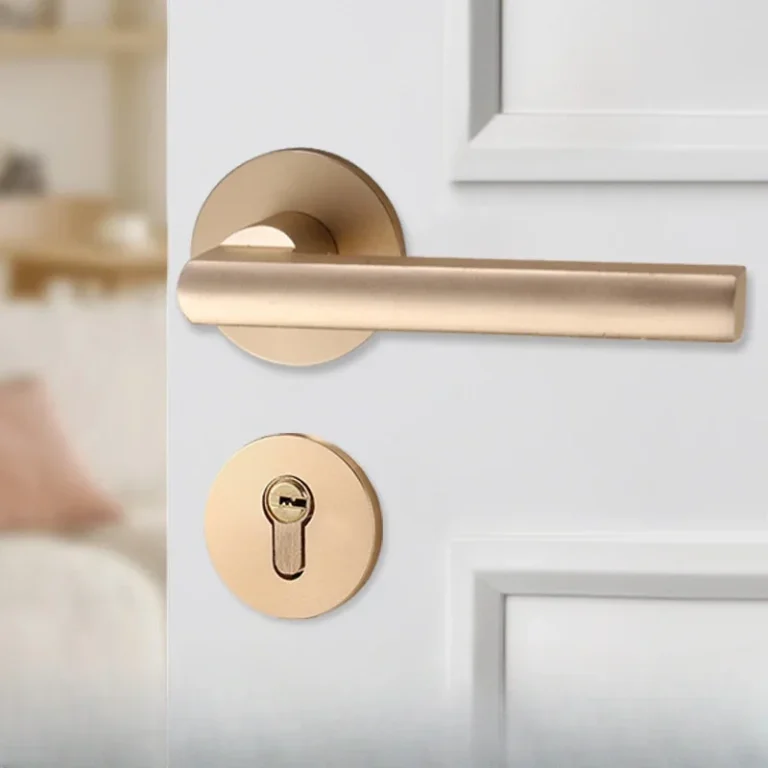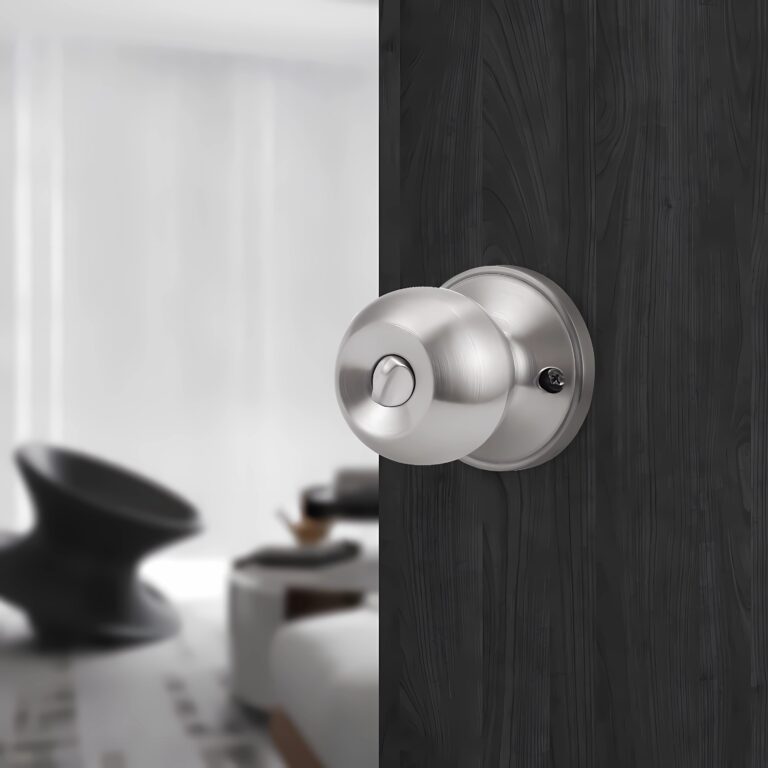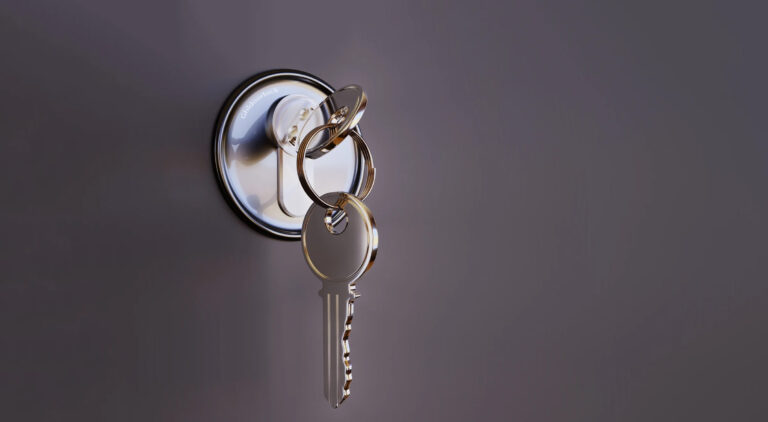Smart Locks
Benefits:
Convenience: Smart locks offer keyless entry options such as numeric keypads, smartphone apps, or even biometric recognition, allowing for easier access without the need for physical keys.
Remote Access: Many smart locks connect to your home Wi-Fi network, enabling you to lock or unlock your doors remotely. This is particularly useful for letting in guests when you’re not home or checking if you forgot to lock the door.
Enhanced Features: Integration with home automation systems and real-time alerts are additional benefits. Some models provide access logs, showing who has entered and when, which is a great security feature for monitoring your home.
Drawbacks:
Dependency on Power and Connectivity: Smart locks require power, typically through batteries, and connectivity, often via Wi-Fi. A power failure or network issue can potentially lock you out or prevent remote operation.
Security Concerns: While smart locks are generally secure, they can be vulnerable to sophisticated hacking methods if not properly secured with strong passwords and encryption.
Best for: Tech-savvy homeowners who value convenience and are comfortable with using technology to enhance home security.
Traditional Locks
Benefits:
Simplicity and Reliability: Traditional locks don’t depend on electricity or internet connectivity, making them more reliable in situations where those services might be inconsistent.
Cost-Effective: Traditional locks are generally less expensive than smart locks and don’t require additional equipment like a home network.
Proven Security: High-quality traditional locks, especially deadbolts, offer strong physical security that is time-tested.
Drawbacks:
Less Convenience: Traditional locks require physical keys, which can be lost, stolen, or duplicated without your knowledge.
Limited Features: They lack the advanced features of smart locks, such as remote access or integration with home security systems.
Best for: Homeowners looking for a straightforward, budget-friendly security solution that is less susceptible to technological failures.
Conclusion
The choice between smart locks and traditional locks depends largely on your personal preferences, lifestyle, and security needs. Smart locks offer advanced features and convenience but come with higher costs and a dependence on technology. Traditional locks, on the other hand, are simpler, generally cheaper, and provide robust security without the need for power or connectivity.
Before making a decision, consider the specific security requirements of your home, your comfort with technology, and your budget. Both types of locks have their place in home security; the key is finding which type aligns best with your circumstances.



